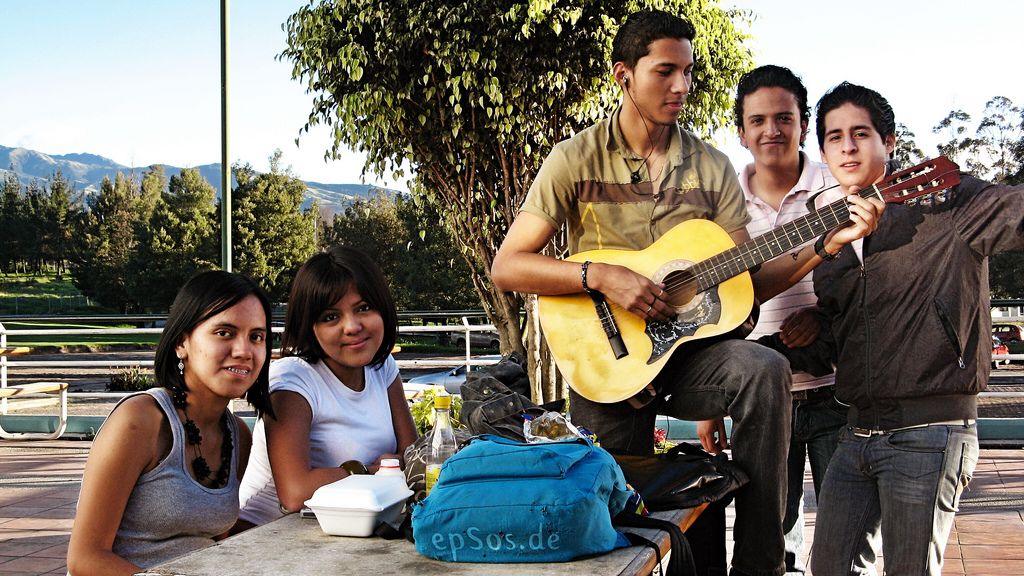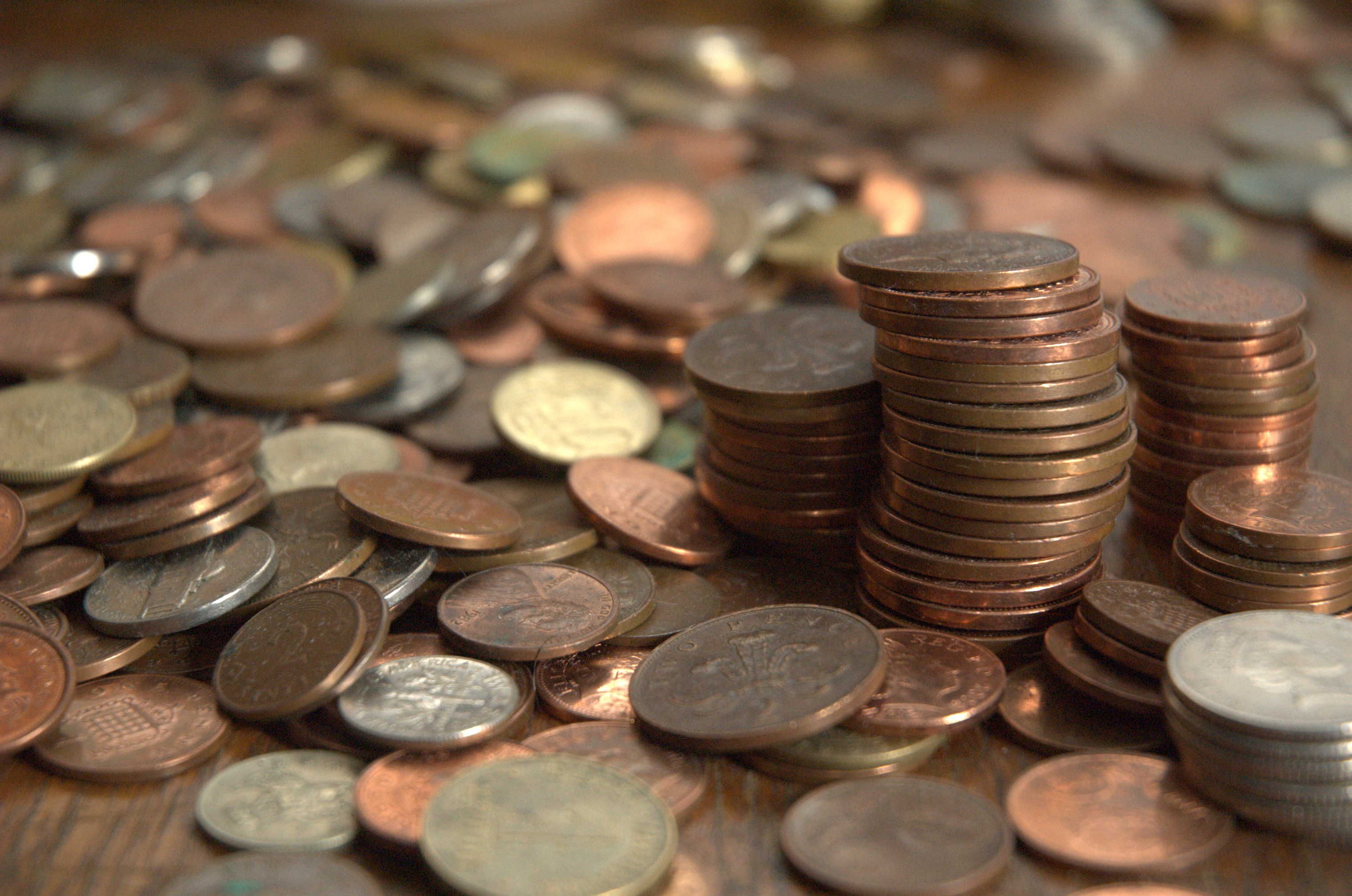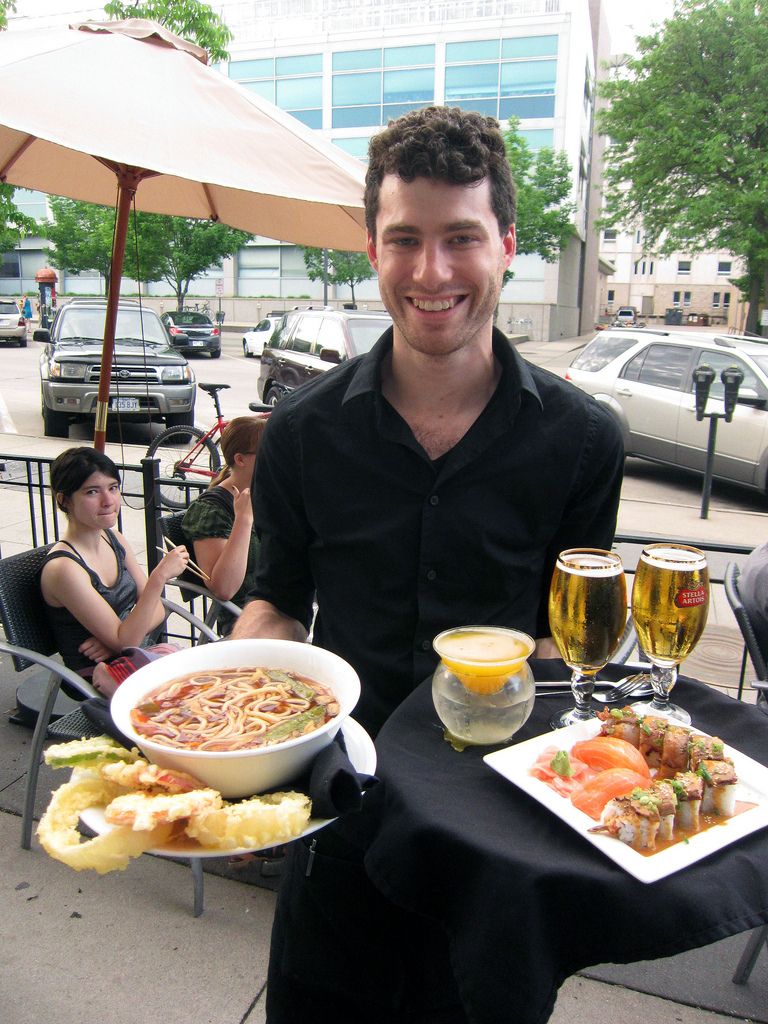Read the paragraph below and identify all Petrus's sources of income. Classify each source of income as fixed, variable or occasional.
Petrus has just started his first job and he earns a basic salary as a sales representative, and also receives allowances for cell phone and travel. He also gets paid commission every three months on the sales that he makes. He has started a small music band and he sometimes gets asked to play at events such as birthday parties and weddings, where he negotiates his hourly fee.

Fixed: basic salary, allowances for cell phone and travel. Variable: commission. Occasional: hourly fee for band performances.
You are currently in Grade 10 and in order to earn extra money you accept a job at a Spur restaurant as a waiter. You work the following shifts per month:
- Four Friday shifts per month for \(\text{5}\) hours. Friday rate/hour = \(\text{R}\,\text{20}\)
- Four Saturday shifts per month for \(\text{10}\) hours. Saturday rate/hour = \(\text{R}\,\text{30}\)
- Two Sunday shifts per month for \(\text{8}\) hours. Sunday rate/hour = \(\text{R}\,\text{40}\)
- Estimated tips earned per month = \(\text{1,5}\) \(\times\) your monthly salary.
Calculate your total income for one month.
Total Income earned = [(\(\text{4}\) \(\times\) \(\text{5}\)) \(\times\) \(\text{R}\,\text{20}\) + (\(\text{4}\) \(\times\) \(\text{10}\)) \(\times\) \(\text{R}\,\text{30}\) + (\(\text{2}\) \(\times\) \(\text{8}\)) \(\times\) \(\text{R}\,\text{40}\) ] = [\(\text{R}\,\text{400}\) + \(\text{R}\,\text{1 200}\) + \(\text{R}\,\text{640}\)] = \(\text{R}\,\text{2 240}\) / month










